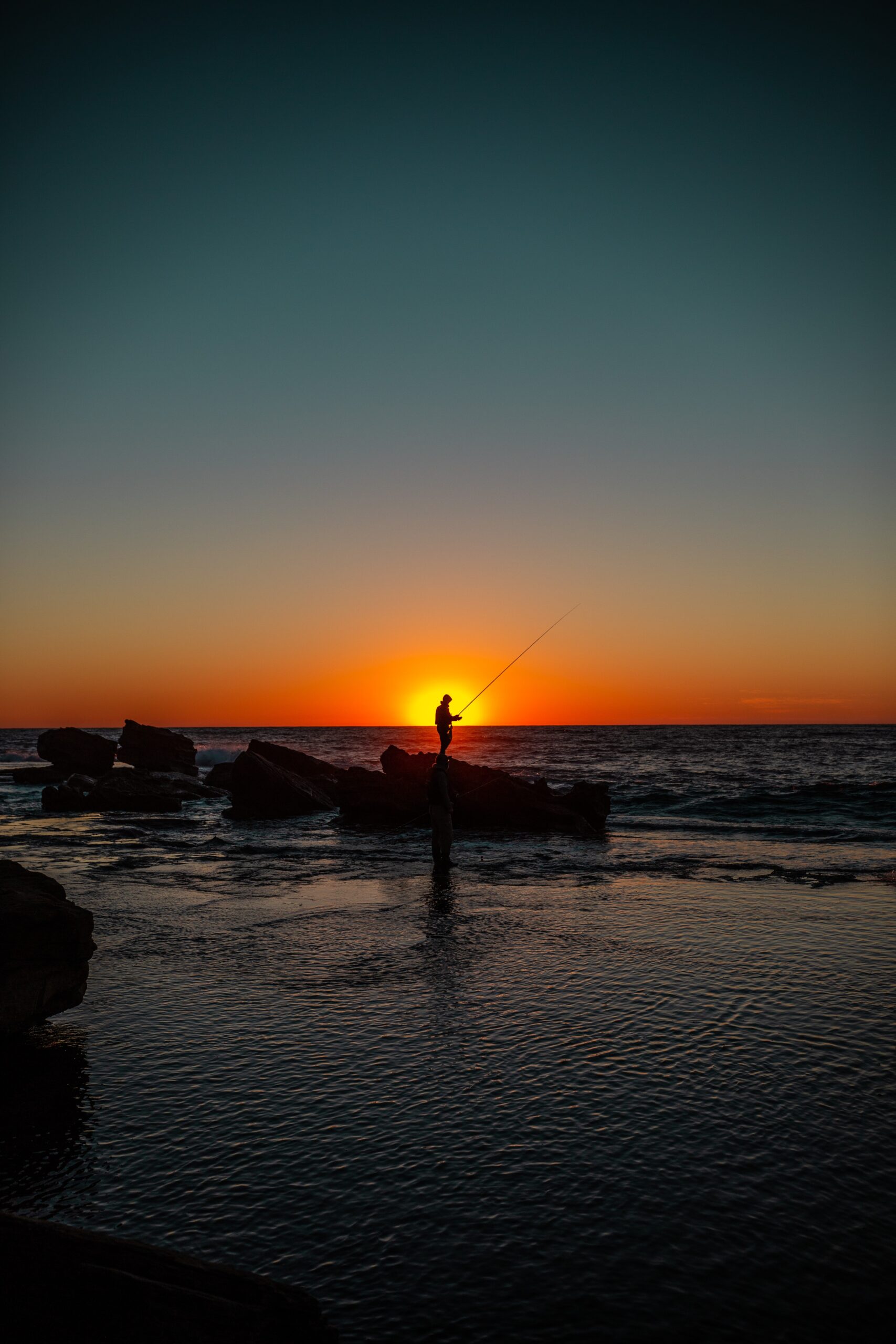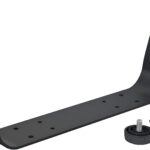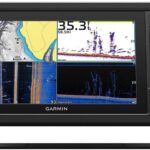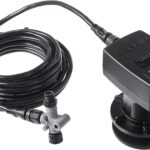If you’re an avid angler looking to reel in some impressive catches, knowing the best times to fish in freshwater can significantly increase your chances of success. This article provides essential tips on both seasonal and daily timing to help you make the most out of your fishing trips. Whether you’re planning a weekend getaway or just spending a few hours at your local fishing spot, understanding when the fish are most active can make a world of difference in your fishing experience. So grab your fishing gear and get ready to discover the prime times for freshwater fishing!
Seasonal Timing
Spring
In the spring, the temperature begins to rise, and nature starts to come alive after a long winter. This is a fantastic time to go fishing, as the fish become more active and hungry. During the early spring, the water is still relatively cold, so it’s best to focus on fishing in deeper areas where the water may be slightly warmer. As mid-spring arrives, the water temperature increases, and fish start moving towards shallower areas to find food. This is an excellent time for catching bass, as they start preparing for their spawning season. Late spring offers optimal fishing conditions as the water temperature becomes ideal for a wide variety of fish species. The blooming vegetation and increased insect activity make it an enticing time to cast your line.
Summer
Summer brings warmer temperatures and longer days, making it a popular time for fishing enthusiasts. Early summer is an ideal season for catching trout as they thrive in cooler waters. In mid-summer, fish can become slightly more challenging to catch as they seek refuge in deeper waters to escape the heat. However, fishing in the early morning or evening can provide more success during this time. Late summer brings about increased fishing opportunities as the fish are more active due to the cooling water temperatures. This cooler period offers excellent conditions for catching bass, walleye, and catfish.
Fall
As summer turns into fall, the change in scenery also brings great fishing opportunities. Early fall is a prime time for catching bass, as they actively feed before the onset of colder temperatures. Trout fishing becomes more exciting as well, as their feeding frenzies increase in preparation for the winter months. Mid-fall offers fantastic conditions for catching walleye, perch, and crappie as the water temperature cools down, and fish move back to the shallower areas. By late fall, the water temperature drops significantly, driving fish into deeper waters. However, the cooling waters also trigger a feeding frenzy, making it a productive time for catching large fish.
Winter
Winter fishing can be a challenging yet rewarding experience. Early winter is the time for ice fishing, where you can enjoy the serenity of frozen lakes and ponds. Species such as trout, perch, and walleye are popular catches during this time. Mid-winter can be a bit slower, as fish become less active due to the colder temperatures. However, with some patience and the right techniques, you can still reel in some catches. Late winter presents a great opportunity for catching fish such as crappie and trout, as they start preparing for the approaching spawning season.
Daily Timing
Morning
The morning is often regarded as the best time of day for fishing. Early mornings, particularly the hours before sunrise, offer a calm and peaceful atmosphere. During the dawn period, fish are typically more active, making it an excellent time to cast your line. The cooler temperatures and reduced fishing pressure can also work in your favor, as fish are more likely to be in search of food.
After sunrise, the morning bite continues, though it may not be as intense as during dawn. However, this is still a good time to catch fish, especially if you’re targeting species that prefer warmer waters. Keep in mind that as the day progresses, the increasing sunlight and boat traffic can affect fish behavior, prompting them to seek shelter in deeper waters or under vegetation.
Evening
The evening is another prime time for freshwater fishing. Just like in the morning, this period offers tranquil surroundings and reduced fishing pressure. Before sunset, fish can become more active, swimming closer to the surface to feed. This is an excellent opportunity to cast your line and capitalize on their feeding patterns. Be sure to pay attention to the changing light conditions and adjust your bait or lure accordingly.
As dusk sets in, the fishing action can heat up even further. The fading light and quieter atmosphere make fish more confident to venture out in search of food. This is an ideal time to target predatory fish like bass, as they tend to be most active during low-light periods. Pay attention to any signs of surface activity or movement in the water, as these can indicate where the fish are feeding.
Night
Fishing at night provides a unique and sometimes thrilling experience. After sunset, the water becomes much calmer, and fish tend to move into shallower waters to feed. This can be advantageous for angling, as you can target fish without the disruption of daytime boat traffic. When fishing at night, using lures or baits that create noise or have luminescent properties can increase your chances of success.
Late night fishing, when most people have retired for the day, can yield excellent results. Fish like catfish, walleye, and bass are known to be more active during these quiet hours. Utilize the cover of darkness to your advantage, presenting your bait or lure strategically to entice these nocturnal feeders.
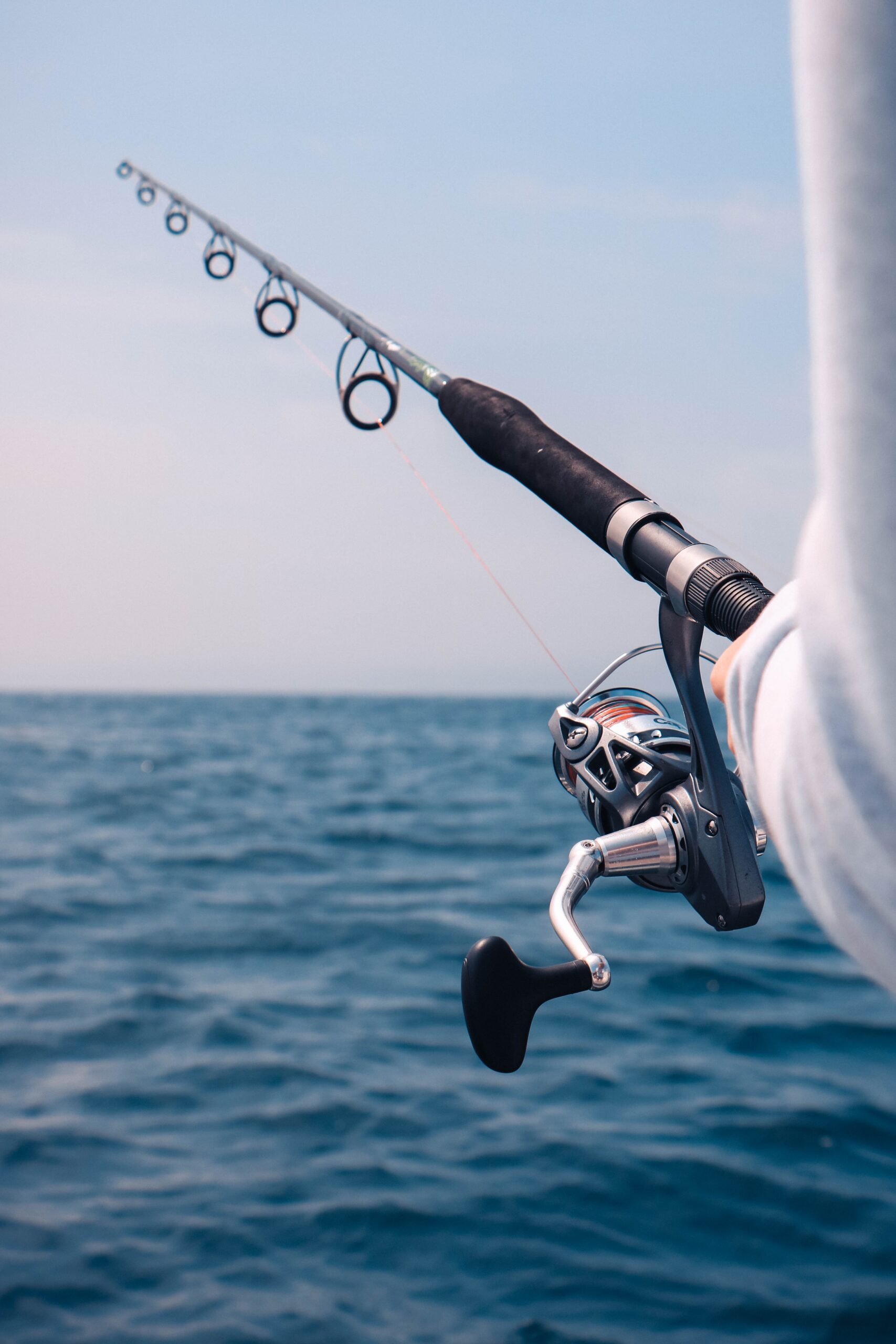
Factors Affecting Fishing Success
Water Temperature
Water temperature plays a crucial role in fish behavior and their willingness to bite. Different fish species have their preferred temperature ranges, and understanding these preferences can greatly increase your fishing success. In general, fish are more active and feed more frequently in warmer water. When the water temperature is too cold or too hot, fish tend to become less active, making them more challenging to catch. Monitoring water temperatures and adjusting your fishing tactics accordingly can greatly improve your chances of reeling in a big catch.
Weather Conditions
Weather conditions, such as air pressure, cloud coverage, and wind, can significantly impact fish activity. Before heading out, check the weather forecast and consider how it may affect your fishing trip. Rising air pressure often leads to improved fishing, while rapidly falling pressure can sometimes cause fish to become less active. Overcast skies can create ideal conditions for fish, as the reduced light levels make them feel more secure. Wind can either help or hinder your fishing, depending on its intensity and direction. In some cases, wind can push baitfish towards the shore, triggering a feeding frenzy among larger predatory fish.
Moon Phase
The moon phase is a factor that many anglers swear by when planning their fishing trips. Certain moon phases, such as the full moon or new moon, are believed to influence fish behavior and feeding patterns. During the full moon, fish may become more active and feed more aggressively at night. This can result in successful night fishing. On the other hand, during a new moon or moonless night, fish may feed more during the day, presenting excellent opportunities for daytime angling. While the influence of moon phases on fish behavior is debated, it’s worth considering when planning your fishing adventures.
In conclusion, understanding the best times to fish in freshwater can significantly enhance your fishing experiences. During the various seasons, pay attention to the changing conditions and adapt your tactics accordingly. Whether you prefer morning, evening, or night fishing, each time of day offers its unique advantages. Factors such as water temperature, weather conditions, and moon phase should also be taken into account. So grab your fishing gear, find the perfect spot, and enjoy the thrill of casting your line during the optimal times for fishing in freshwater.

